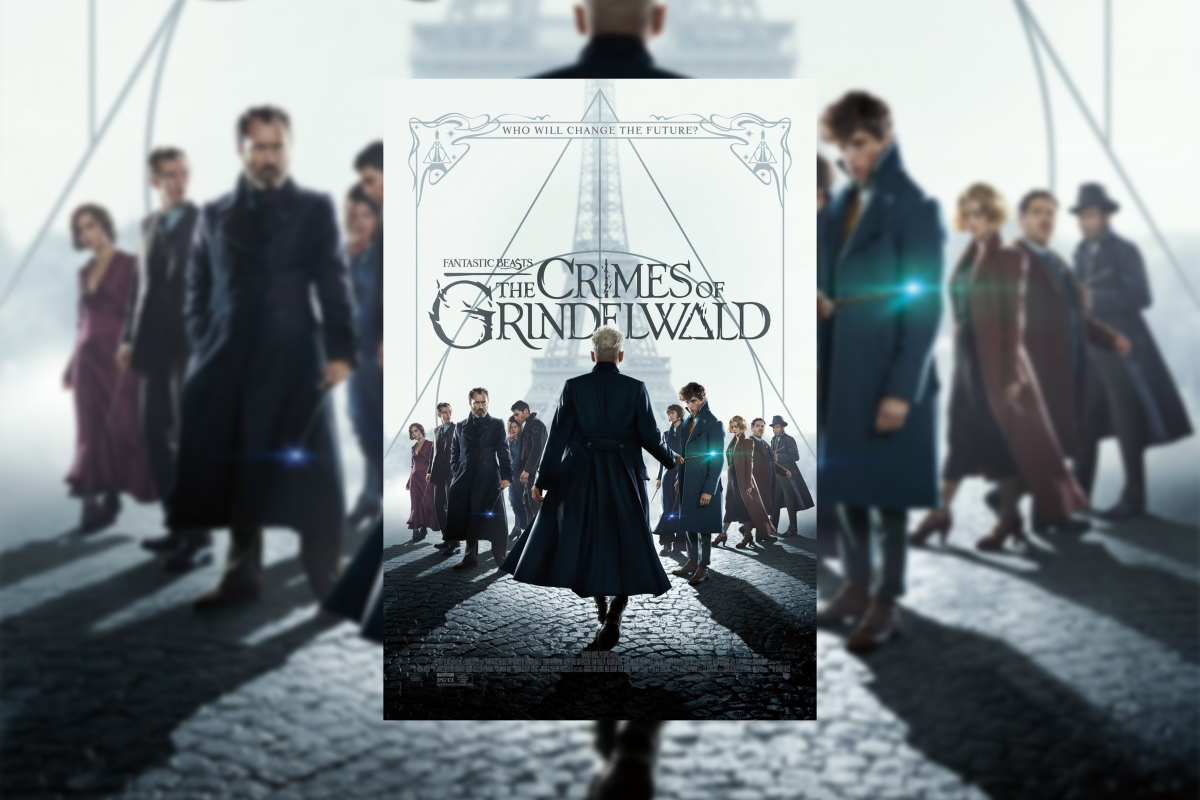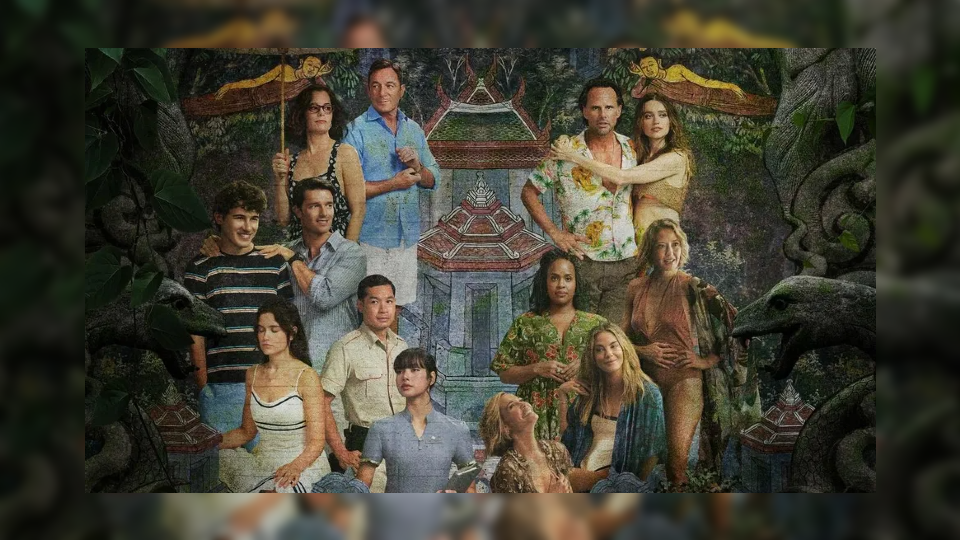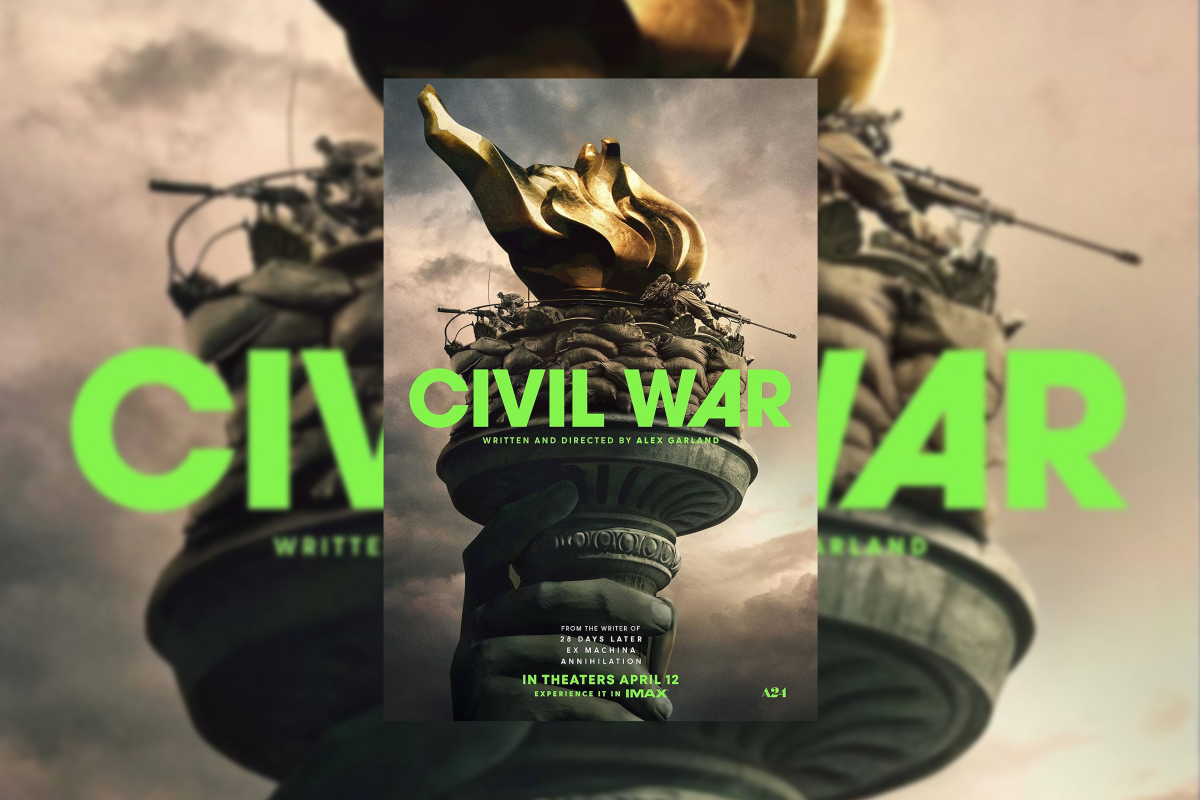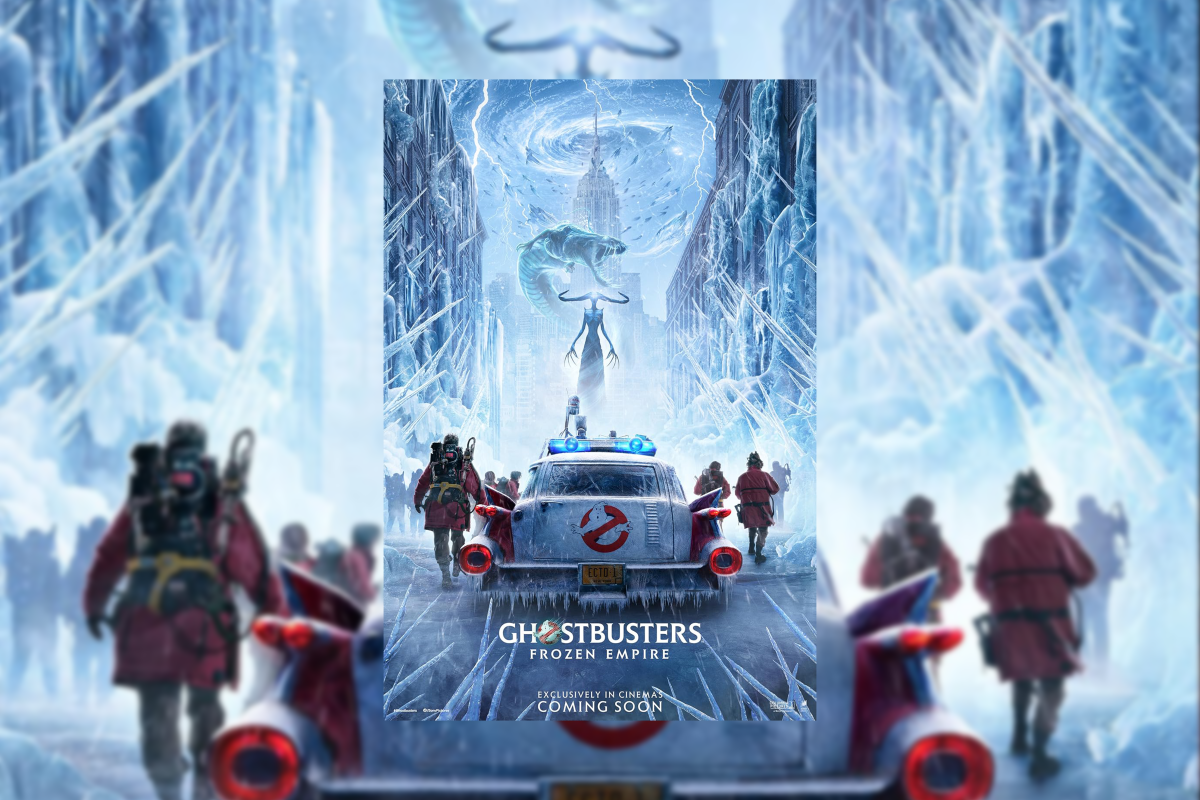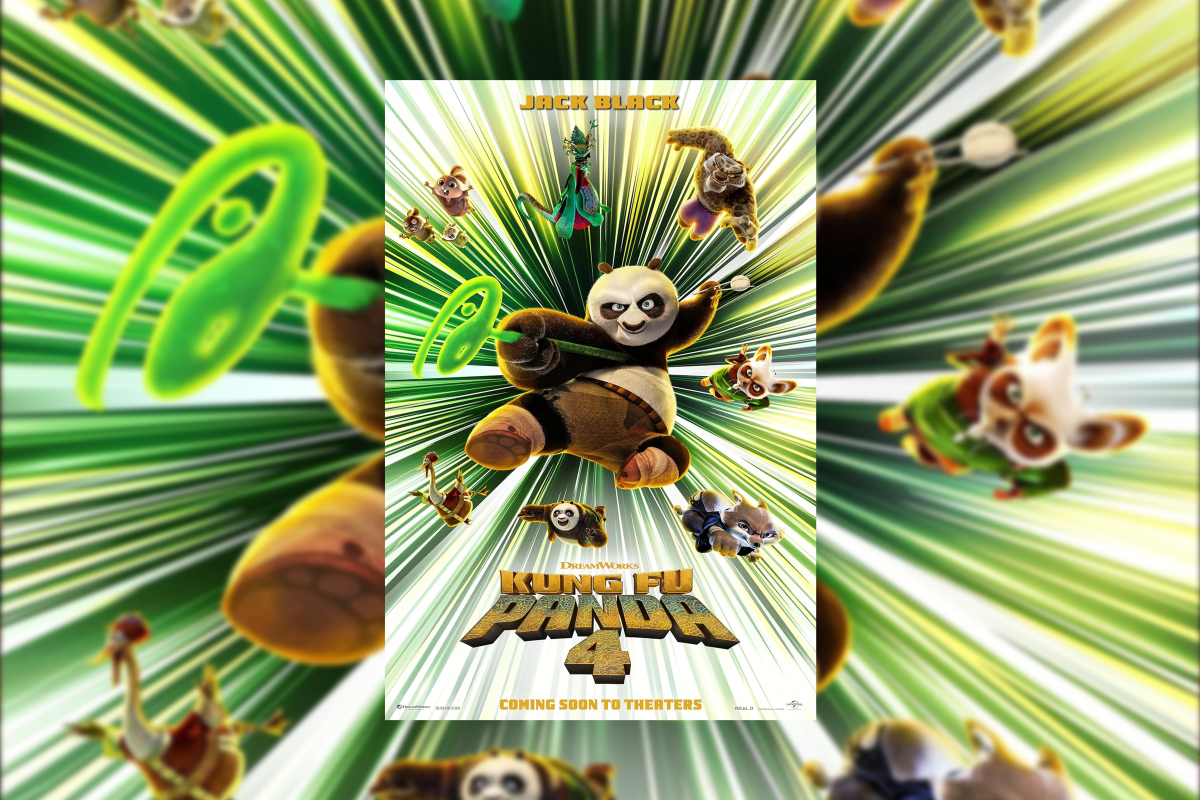Since the publication of “The Philosopher’s Stone” in 1997, the Harry Potter series has become the bestselling book series of all time, with over 500 million copies sold. Somehow even bigger than the amount of money J.K. Rowling has generated, is the series’ impact on a generation of readers. Those of us who grew up with “Potter” both define and identify ourselves by it. Even as an adult, rereading “Harry Potter” makes me feel like there’s a place where I belong.
So why, then, did I have absolutely zero interest in seeing the latest film installment, “The Crimes of Grindelwald?” And why, if everyone else seems to love Harry Potter, do the box office numbers suggest that no one else wants to watch it, either?
If one subscribes to the idea that bigger is better, this film shouldn’t be doing just as well as every other film in the series; it should be the most popular one yet. It promises more action, world-building, fantasy, lore, and story elements than any story Rowling has told before or since. We’re practically bombarded with big details which will change our perception of the franchise as we know it: Dumbledore is gay but not enough for it to be sufficient queer representation; Nagini, Voldemort’s pet snake turned-Horcrux, was a trapped Asian woman all along; Grindelwald, the central villain, apparently could have prevented the Holocaust – yes, the Holocaust, as in the one that saw to the murder of six million Jews.
Even if I could ignore how problematic all of these plot points are (and trust me, I can’t), they still wouldn’t interest me. I just don’t care about any of it.
Ask any lifelong “Potter“ fan what stands out to them about the series and you won’t hear about heavy plot points or obscure lore. Instead, you’ll hear about Harry finding the strength to fight off Dementors with a Patronus charm resembling his father. You’ll hear about the first time Harry learned that he was a wizard. You’ll hear about spending time with friends and playing chess and going to candy stores and doing homework and other seemingly unremarkable minutiae.
The best parts about the Potter franchise are not the big moments such as battles or prophecies. They’re the small moments of self-discovery that we remember even when we don’t remember the context that surrounds them. They’re the moments that feel the most like home.
Unfortunately, these small moments are missing from the “Fantastic Beasts” series, and the hole that they leave is gaping. In an apparent attempt to make “Crimes” stand out, producers and writers have clogged it with action and grittiness. This tone feels both foreign within the scope of the “Potter” franchise and formulaic within the canon of other recent fantasy films.
Box office numbers for “Crimes” might look better had the choices made for “Beasts” been gone smaller. But in trying to recapture the attention and wallets of a generation enamored by a multi-billion dollar franchise, Warner Bros. forgot to recapture what made this franchise so magical to begin with.
For questions/comments about this story, email [email protected] or tweet @TheWhitOnline.

































































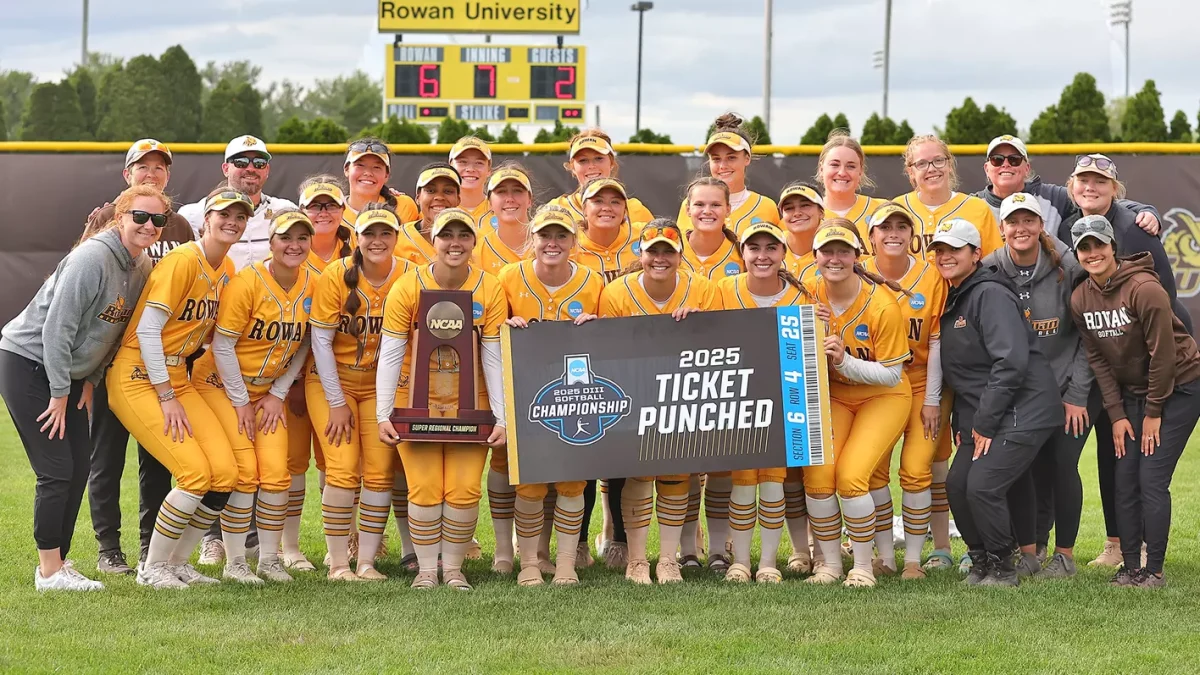
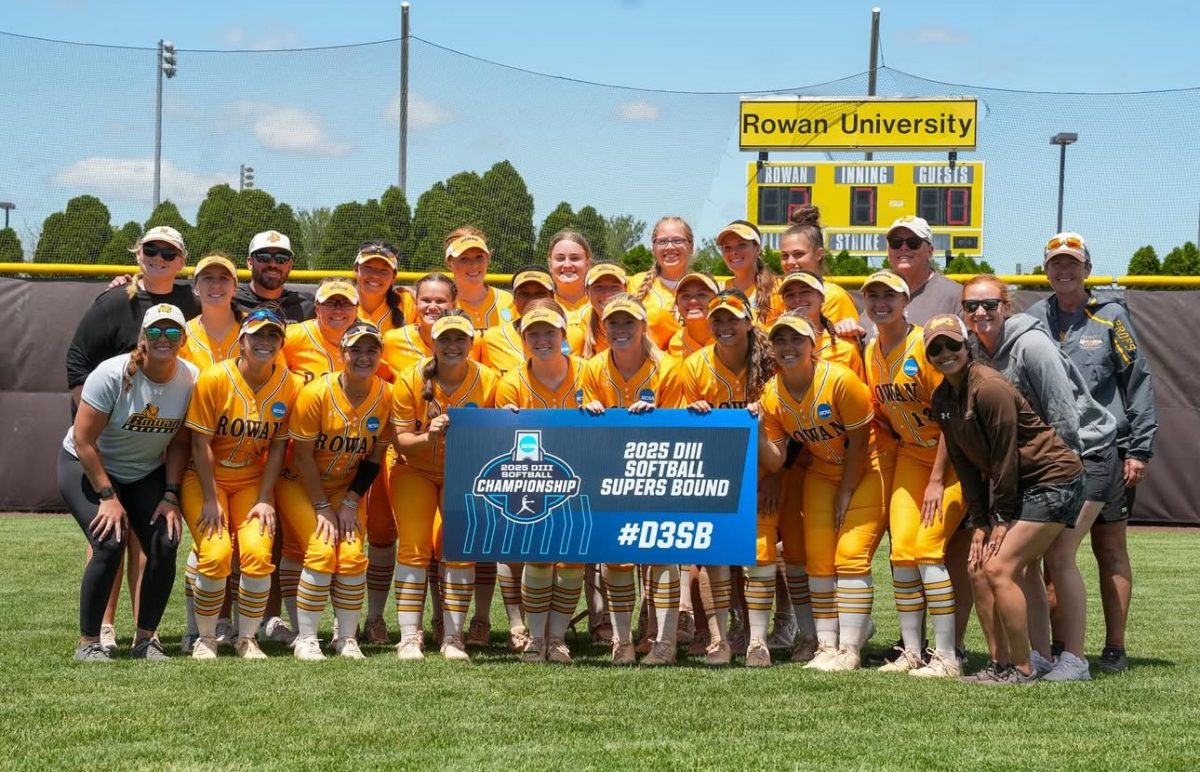






















































































!["Working with [Dr. Lynch] is always a learning experience for me. She is a treasure,” said Thomas. - Staff Writer / Kacie Scibilia](https://thewhitonline.com/wp-content/uploads/2025/04/choir-1-1200x694.jpg)









































